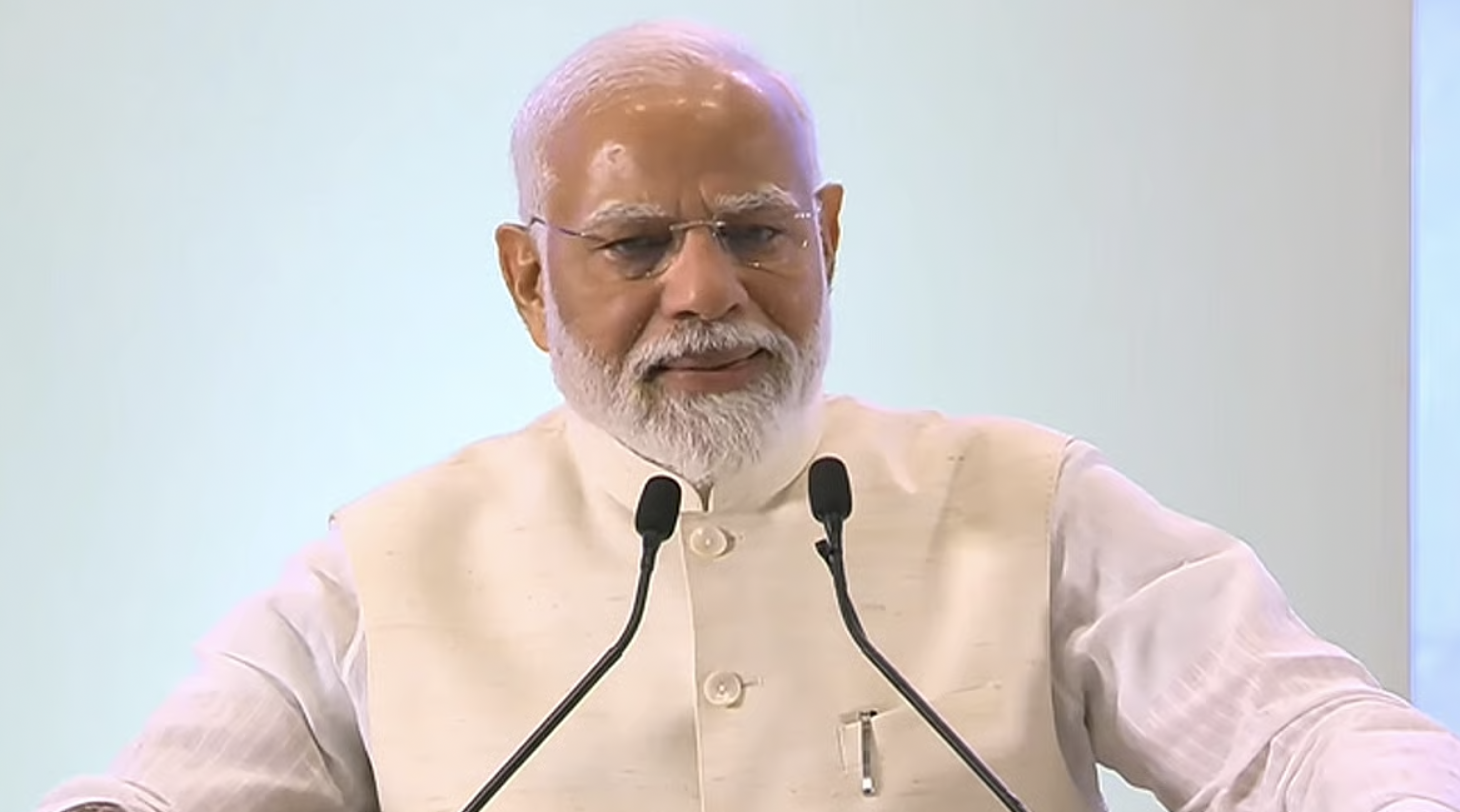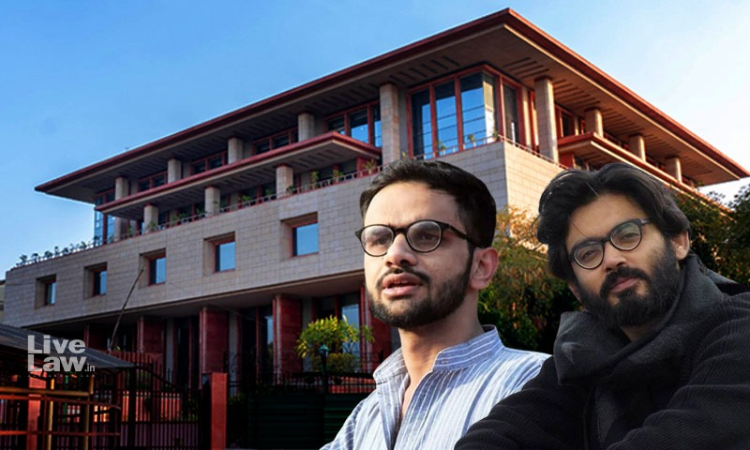As much as it is a political biography of its eponymous subject, Sheikh Abdullah: The Caged Lion of Kashmir is equally revealing of 20th-century India’s transition from a British colony to an independent nation-state. The cast of political “characters” who appear in the book, apart from the former Prime Minister, then Chief Minister of Jammu & Kashmir, Sheikh Abdullah (1905-1982), include Gandhi, Jinnah, and, most prominently, Nehru.
Accordingly, the book’s author, Chitralekha Zutshi, Professor of History at William & Mary, Virginia, US, presents a study of Abdullah’s making and unmaking as a statesman caught between multiple exigencies. Pressing as his loyalties were to his beloved Kashmiri people, there were also the political machinations of negotiating the sovereignty of a region affected by the geopolitics of its strategic location. Since Jammu and Kashmir continue to occupy a vexed place in postcolonial India’s polity, the legacy of the Sher-i-Kashmir, Sheikh Abdullah, inescapably informs the region’s political heritage.
In an interview with Scroll, Zutshi talked about her latest book and its analysis of Kashmiri and Indian political history. Excerpts from the conversation:
In his foreword to your book, the second in the Indian Lives series, editor Ramachandra Guha begins by expressing the belief that “every historian must, at some stage of her career, try her hand at writing a biography. Were you to agree with Guha, what made you feel that you had arrived at the point at which this biography of Sheikh Abdullah needed to be penned, especially given the extensive research it took to make this book possible?
This story was originally published in scroll.in. Read the full story here.






